What is COP28?
2023 will be another historic year for the UAE. The country is going to host the 28th session of the Conference of Parties (COP28) to the UNFCCC (United Nations Framework Convention on Climate Change) from November 30 to December 12. Dubai Expo City will serve as the main venue for both delegates and exhibitors.
COP is the apex decision making body of UNFCCC, established after the first Earth Summit in Rio in 1992 to deal with the growing threat of climate change. The Presidency and venue of the annual Summit rotate among the five recognised UN regions.
COP has achieved some significant outcomes since its first conference in 1995.
Wat has been achieved so far?
Some key outcomes from recent COPs include:
Defined work programmes on how all countries will adapt to climate change. For examples, see Finland’s Plan here and Dubai’s here.
Creation of funds to help low income and developing countries with their climate change adaptation efforts. COP27 in Egypt specifically committing to setting up a Loss and Damage Agreement.
Acceleration of renewable energy deployment to ensure reduction in emission levels.
Finalisation of guidelines for the implementation of the Paris Agreement*, including development of carbon markets that ensure fair competition and continued negotiations on Enhanced Transparency Framework to enhance trust in carbon reporting. Paris Agreement is an international treaty on climate change that legally binds all parties in its goal of limiting global warming below 1.5 degrees ℃. It was adopted during COP21 in 2015.
What will be on COP28 agenda?
Key agenda items for COP28 are likely to include:
Operationalisation of the Loss and Damage Fund. The $100 billion adaptation funding goal set at COP15 is yet to be fulfilled by high-income countries. Although there is an estimated daily loss of more than $200 million due to adverse climate, COP27 failed to take a stand on adaptation finance. The funding issue will no doubt feature prominently on the COP28 agenda.
UN Secretary General, Antonio Guterres launched a plan at COP27 that allows all residents of the Earth to be covered by a multi-hazard early warning system over the next five years. At COP28 three follow-ups are likely to be prioritised – identifying gaps in the current systems; analysing the capabilities of people to handle the early warning system; moving ahead with implementation while making sure that funding is scaled up.
A food and agricultural security plan was created at COP27. However, the plan overlooked important aspects such as nutrition, dietary shifts and existing mitigation and adaptation plans. An improved plan is likely to surface at COP28, supported by related initiatives such as the Agriculture Innovation Mission led by the US And UAE. AIM’s key aim is to increase the $8 billion funding for innovation in climate-smart agriculture to $10 billion by COP28.
Beyond agriculture, oceans and oceanic life are likely to feature highly. As part of UAE’s Net-Zero 2050 strategy, the country has already made efforts to restore and enhance ecosystems like seagrasses, mangroves and salt marshes.
What is UAE’s focus
UAE’s Presidency clearly reflects the government’s desire to proactively contribute to the global energy transition from carbon economies to ones fuelled by clean and renewable sources supported by technological advancements and climate-smart solutions. There is no doubt that the conference will focus heavily on the economic case for inclusive and just climate transition – and on the urgent need to find transformative solutions to the crises.
It is clear that the oil and gas sector will continue to play an important role in the UAE and global economy for quite some time. Transition from hydrocarbons will take time and parallel efforts are required to ensure that global emissions will not exceed the critical 1.5 ℃ Paris Agreement threshold.
Some of these parallel initiatives driven by the UAE’s commitment to become caron neutral by 2050 include:
The AIM agricultural programme referred to earlier, with UAE’s $1 billion pledge.
$17 billion has been spent so far to help small island nations cope with climate change impacts, and a further $400 million has been invested to help developing countries transition to renewables.
A Leadership Roadmap has been created with the aim to establish UAE as one of the leading producers and exporters of hydrogen.
A first of its kind large scale carbon capture facility has been established.
A plan to plant 100 million mangrove trees by the end of the decade is in place.
In April 2022, the Barakah Nuclear Plant started its operations. Once fully operational, the greenhouse gas emissions of UAE’s power sector are expected to reduce considerably.
A key renewables actor, Masdar, aims to generate 100 gigawatts of renewable power by the end of the decade, a goal that exceeds those set by some of the largest European nations, making UAE’s per capita renewable energy generation one of the highest in the world.
Going by global reports and media coverage, significant expectations are being placed on COP28 – decisive, transformative and practical solutions are being expected and sought to the escalating climate crises that is now our reality. As Sultan Al Jaber, the President Designate of COP28 recently underscored, “this year’s Summit must be a COP of action, one that moves the world from talking about goals to getting the job done”.
We at FBC wish that you will join this globally significant event with us!
Maria Sillanpaa
FBC Board / Founding Director Sustainability Advisory

